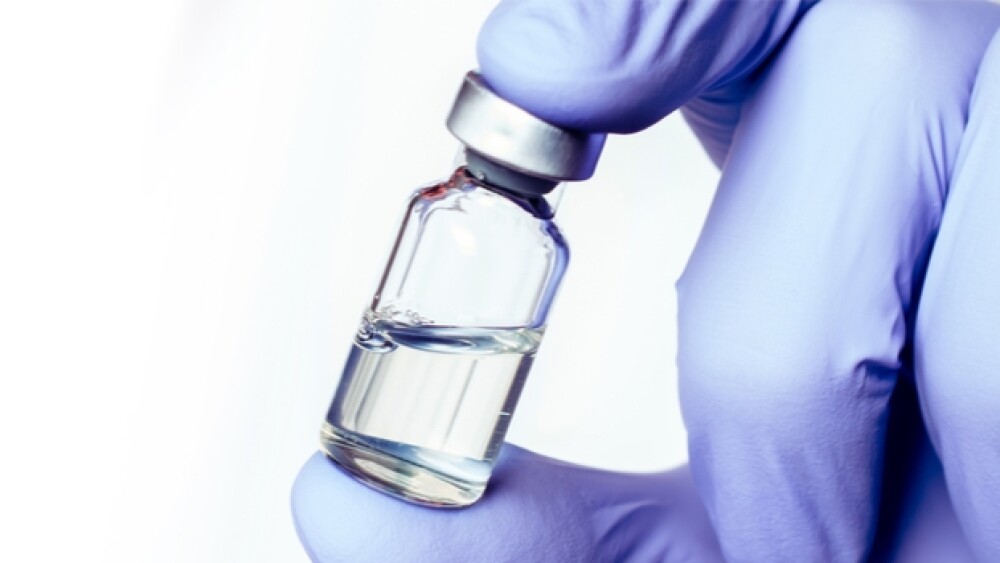The designation will expedite regulatory review of the medication should it prove to be safe and effective.
Days after Moderna moved its COVID-19 vaccine candidate into Phase II studies, the U.S. Food and Drug Administration granted the mRNA vaccine candidate Fast Track Designation. The designation will expedite regulatory review of the medication should it prove to be safe and effective.
Moderna Chief Medical Officer Tak Zaks said the newly-awarded designation underscores the urgent need for a vaccine against the novel coronavirus.
“As we await the full set of clinical data from the NIAID-led Phase 1 study, we are actively preparing for our Phase II and Phase III clinical studies to continue learning about the potential of mRNA-1273 to protect against SARS-CoV-2, Zaks said in a brief statement.
Moderna is finalizing the protocol for a Phase III study, which expected to begin in early summer of 2020. Moderna received approval from the FDA to begin its Phase II study last week. Moderna said it expects to begin the mid-stage study soon with 600 patients. When the go-ahead was announced, Stéphane Bancel, Moderna’s chief executive officer, called the Phase II study a crucial step in advancing the vaccine candidate as the company looks toward the goal of moving into Phase III. If all goes well, Bancel said the company is making plans to have a Biologics License Application for the vaccine up for approval in early 2021. Having a vaccine for COVID-19 available as quickly as possible is one step in helping society return to a greater sense of normalcy.
With an eye on having a vaccine that can be distributed to a wide population, Moderna entered into a 10-year collaboration for large-scale manufacture of the company’s vaccine and other products with Lonza. While the company hopes to ramp up production of the vaccine should it be approved, Bancel has warned that distribution of the vaccine will be limited at first due to manufacturing constraints. Last week Bancel confirmed that doses of the vaccine would likely roll out slowly, limiting the number of patients who could receive the medication at first.
“We will all be supply-constrained for quite some time, meaning we won’t be able to make as many product as will be required to vaccinate everyone on the planet,” Bancel said.
Moderna’s vaccine candidate is an mRNA vaccine against SARS-CoV-2 that encodes for a prefusion stabilized form of the Spike (S) protein. Development of the vaccine has been supported by a $483 million grant from the Biomedical Advanced Research and Development Authority (BARDA).
Moderna’s mRNA-1273 candidate is one of more than 100 different vaccines in development for COVID-19, a pandemic that has infected more than 4.2 million people across the globe, including 1.3 million in the United States. Other vaccines in development include Novavax’s NVX-CoV2373, which is being supported by a $388 million grant from the Coalition for Epidemic Preparedness Innovations (CEPI). Pfizer and BioNTech partnered to develop a vaccine, with the first patient dosed in a Phase I/II study last week. AstraZeneca partnered with Oxford University’s Jenner Institute on the development of a vaccine candidate in April. Johnson & Johnson has also invested heavily in its own vaccine research.





